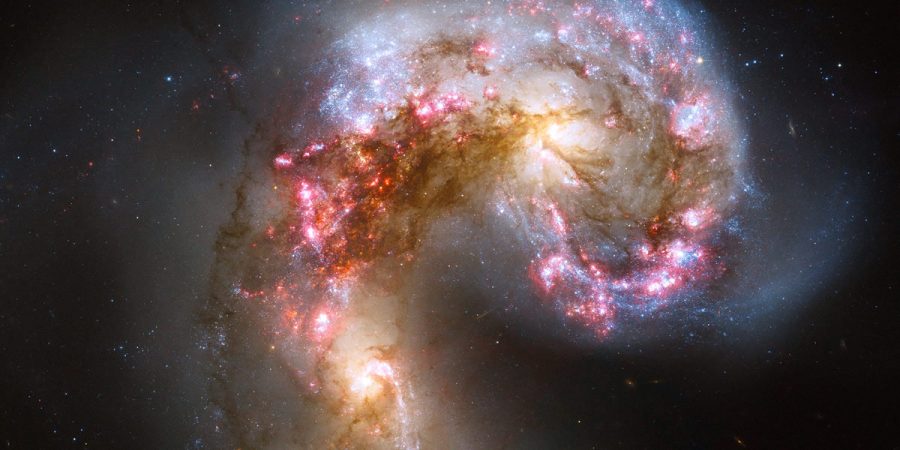New Galaxies Propose Many Questions
March 10, 2023
Recently, NASA’s James Webb telescope has discovered six new galaxies that supposedly are not normal. With this discovery, it proposes a gap in what we believe was the creation of all galaxies, or more commonly called, “the big bang theory.”
Scientists are known to believe the formation of our galaxy alone was 13.7 billion years ago. Scientists have been able to discover many new galaxies with the James Webb telescope, however they never expected to find galaxies as old as these six at this point in time. These six galaxies date back to 500-700 million years after the big bang, which is believed to have created the universe itself. Our galaxy, the milky way, was long known to be the original origin of our galaxies, however these galaxies date back to before ours was ever known to exist.
Clearly, this leaves many questions for scientists about what really happened during the creation of our universe, and proposes that we question everything we originally thought we knew. New discoveries in our universe only show us how complex and convoluted the universe is, and how we really do not have even a fourth of the knowledge there is to acquire about the universe.
Through the knowledge of years after the big bang and formation of our galaxy, scientists are still left clueless as to the true sizes of these new galaxies and their distance from our own Milky Way. Scientists have admitted they continuously looked for flaws within the data they were collecting, however they couldn’t find any flaws. The bright stars captured from the James Webb telescope appear to be large galaxies. Ultimately, these new discoveries are not only surprising and fascinating, but propose a whole new facet of knowledge we have yet to discover.



